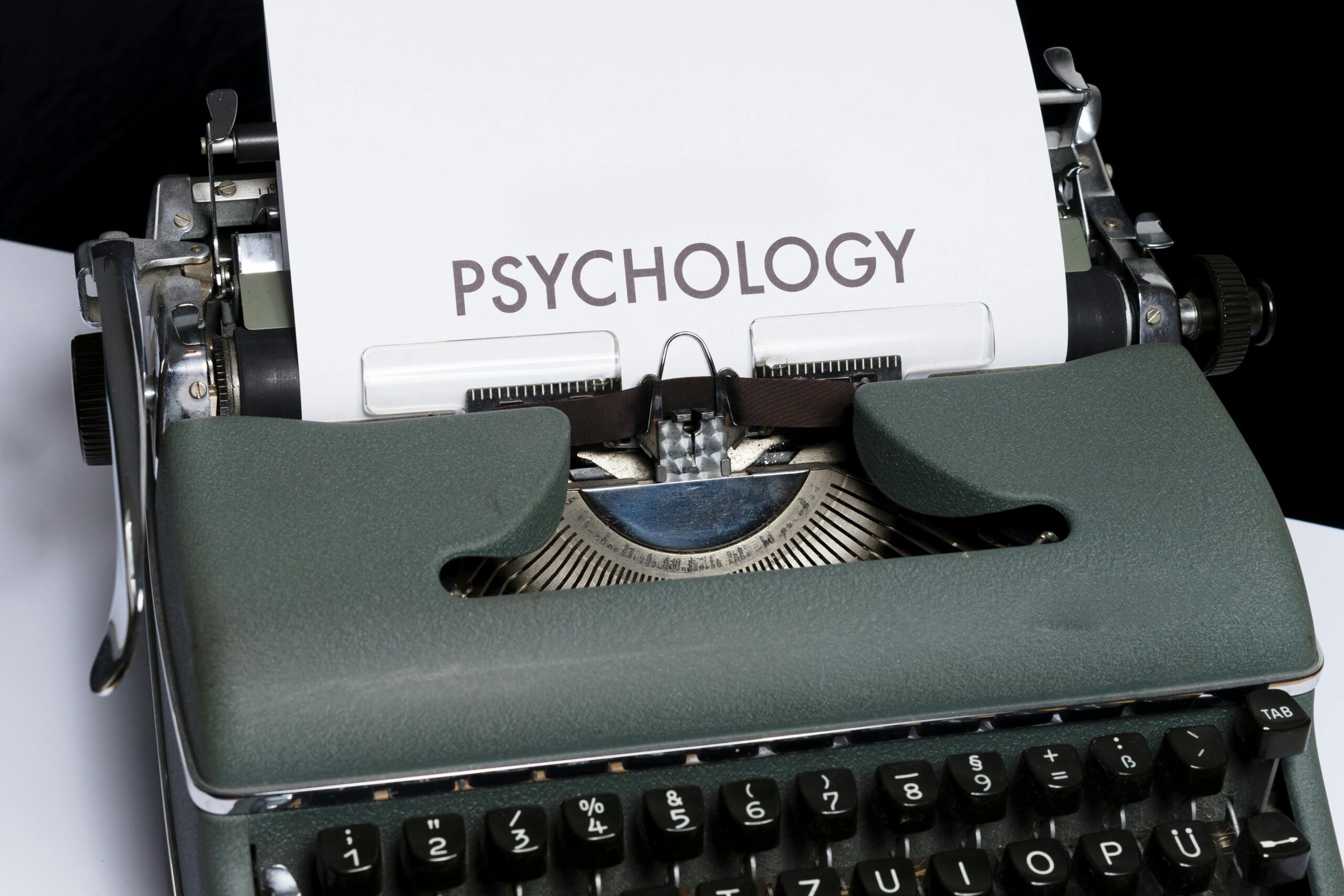As we age, keeping our minds sharp is more important than ever. Cognitive decline is a big worry for many, affecting our memory and problem-solving skills. But there are ways to stay mentally sharp as you age.
This article explores cognitive decline, clears up myths, and discusses risk factors. It also offers tips and activities to boost brain health. You can lead a mentally vibrant life by focusing on the mind-body connection.
Key Takeaways
- Understand the myths and facts about aging and mental abilities
- Identify risk factors for cognitive impairment and take proactive measures
- Engage in mentally stimulating pursuits to keep your brain active
- Adopt healthy lifestyle habits, including physical exercise and proper nutrition
- Embrace stress management techniques to support cognitive function
Understanding Cognitive Decline
As we get older, our minds might change a bit. It’s key to know the difference between normal aging and serious conditions like dementia. Learning about aging and mental abilities helps us keep our minds sharp as we age.
Myths and Facts About Aging and Mental Abilities
Many think cognitive decline is inevitable with age. However, many seniors stay mentally sharp well into their 80s and 90s. Staying active and social and learning new things can help keep your mind sharp.
Some believe memory loss means dementia is coming. But not all memory issues are serious. Normal forgetfulness or trouble remembering things is common with age.
Risk Factors for Cognitive Impairment
- A sedentary lifestyle and lack of physical activity
- Poor diet and nutritional deficiencies
- Chronic health conditions like hypertension, diabetes, or heart disease
- Excessive alcohol consumption
- Exposure to air pollution or other environmental toxins
- Traumatic brain injuries
- Genetics and family history of cognitive decline
Knowing what can harm your mind helps you stay sharp as you age. Regular health checks, a healthy lifestyle, and brain-stimulating activities are key to keeping your mind in top shape.
“Cognitive decline is not an inevitable consequence of aging. With the right lifestyle choices and mental stimulation, many older adults can maintain their mental sharpness well into their later years.”
Brain-Boosting Activities
As we age, keeping our minds sharp is key. Luckily, there are many ways to boost our brain power. Activities like learning new things and taking creative hobbies can make our brains more flexible and sharp.
Engage in Mentally Stimulating Pursuits
Keeping your brain active is crucial. You can do this by learning a new language, playing games like chess, or reading tough books. Creative hobbies like painting or playing music also help. These activities make your brain work harder, which strengthens it.
- Learn a new language or skill
- Solve puzzles and play strategic games
- Read books that challenge your mind
- Pursue a creative hobby like art or music
Doing these brain exercises is fun and keeps your mind sharp. Regularly challenging your brain can fight off mental decline, helping you stay mentally sharp as you age.
“The greatest weapon against stress is our ability to choose one thought over another.” – William James
It’s important to pick activities that really interest you. By making brain health a priority, you can keep your mind sharp. This way, you can enjoy a healthy, sharp mind for many years.
How to Stay Mentally Sharp as You Age
Keeping your mind sharp is key as you get older. Luckily, there are ways to improve your memory and stay mentally sharp. Adding these tips to your daily routine can boost your brain’s performance and keep your mind sharp.
Engage in Mentally Stimulating Activities
Challenging your brain is a great way to keep it sharp. Try activities that make you think and solve problems, like:
- Learning a new skill or hobby, like playing a musical instrument or learning a new language
- Solving puzzles, crosswords, or brain teasers
- Reading books and magazines or engaging in lively discussions
- Trying your hand at strategy games, such as chess or Sudoku
Prioritize Physical Exercise
Exercise is good for your body and brain. Activities like brisk walking, swimming, or cycling boost blood flow to the brain, helping to grow new brain cells and connections.
Adopt a Brain-Healthy Diet
Your diet affects your brain health. Eat foods rich in antioxidants, omega-3 fatty acids, and other brain-supporting nutrients. Foods like leafy greens, berries, nuts, and fatty fish can improve memory and focus.
| Brain-Boosting Nutrients | Food Sources |
|---|---|
| Omega-3 Fatty Acids | Salmon, tuna, walnuts, flaxseeds |
| Antioxidants | Blueberries, spinach, bell peppers, green tea |
| Vitamin E | Almonds, sunflower seeds, avocado |
Following these tips, you can actively work on staying mentally sharp as you age. This will help you maintain a healthy, vibrant mind for many years.
“The key to a sharp mind is to keep it active and engaged. Challenging your brain is essential for cognitive longevity.”
Lifestyle Habits for a Healthy Mind
As you age, adopting healthy habits for your brain is important. Physical exercise and a good diet are key to keeping your mind sharp.
The Power of Physical Exercise
Exercise is great for your brain. It boosts memory and problem-solving skills. It also helps slow down brain decline as you age.
Cardio activities like walking or swimming increase blood flow to the brain. This brings nutrients and oxygen to support brain cells.
Exercise also releases chemicals that help grow new brain cells. Adding activities like yoga or tai chi to your routine can help keep your mind healthy.
Nutrition for Cognitive Health
What you eat affects your brain. Eating foods rich in nutrients is good for your brain. This includes fruits, veggies, whole grains, lean proteins, and healthy fats.
- Omega-3 fatty acids in fish, walnuts, and flaxseeds support brain health.
- Antioxidants in berries, leafy greens, and dark chocolate protect the brain.
- B vitamins like folate and B12 are important for brain function.
By making these habits part of your daily life, you can keep your brain sharp, which helps with healthy aging in later years.
Embracing the Mind-Body Connection
The link between our mental and physical health is deep. Studies on neuroplasticity show how our brains can change with experience. This mind-body connection helps us keep our minds sharp as we get older.
Stress Management Techniques
Stress management is crucial for our brain health. Too much stress can harm our memory, focus, and thinking skills. It’s important to find ways to reduce stress every day.
- Mindfulness and Meditation: Studies show that mindfulness meditation boosts brain flexibility, improves focus, and lowers stress. It helps us stay calm and strong.
- Relaxation Techniques: Activities like deep breathing, yoga, or muscle relaxation help our body and mind relax and lessen the effects of stress.
- Exercise and Movement: Exercise is good for both our body and mind. Aerobic activities, in particular, improve our thinking and reduce stress.
Understanding the mind-body connection and using stress management methods help our brains adapt and grow, even as we age.
“The journey of a thousand miles begins with a single step.” – Lao Tzu
Conclusion
We’ve looked at how to keep our minds sharp as we age. Doing mentally challenging activities, healthy lifestyles, and connecting our mind and body are key. These steps help our brain work better and improve our memory as we age.
Doing brain exercises like learning new things, solving puzzles, and being creative can boost our brain. Also, staying physically active, eating well, and managing stress are good for our cognitive health, healthy aging, and brain health.
As we age, taking care of our minds is crucial. By staying mentally fit, we can keep our minds sharp, enhance our memory, and live a fulfilling life.
FAQ
What are some effective strategies to stay mentally sharp as I age?
Try new things like learning a skill or solving puzzles to keep your mind sharp. Creative hobbies are great, too. Also, exercise regularly, eat well, and manage stress.
How can I address the risk factors for cognitive decline?
First, know the difference between normal aging and serious cognitive issues. Check for health problems and live a healthy lifestyle. Also, watch out for environmental things that might harm your brain.
What are some brain-boosting activities I can incorporate into my routine?
It’s key to do things that challenge your mind. Try learning a new language, playing games, reading, or doing creative activities. These help your brain stay strong and flexible.
How can physical exercise and nutrition support cognitive health?
Exercise and a good diet are good for your brain. Exercise boosts blood flow to your brain, and eating foods high in antioxidants and omega-3s helps your brain work better.
What is the importance of the mind-body connection for cognitive health?
The mind-body connection is vital for a sharp mind. Mindfulness, meditation, and relaxation help manage stress and support the brain’s ability to adapt and stay healthy.










